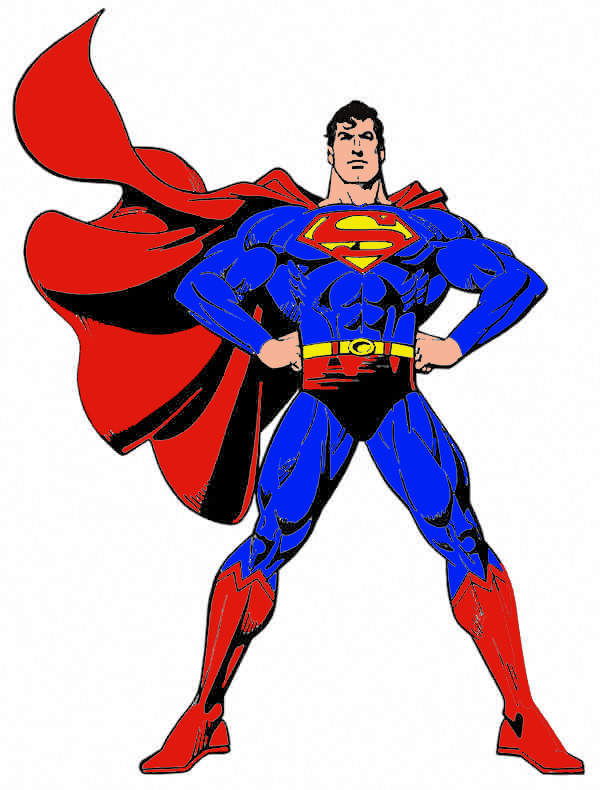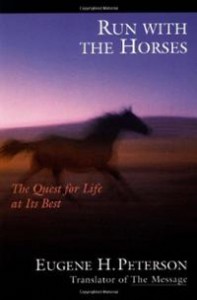It is usually a pretty good idea to figure out where you want to come out before you go in. Determine your destination before you set out. Figure out the endgame and then plot your way.
So, what do you want out of life? What’s your goal? What’s your endgame?
Paul stated his pretty simply: “I want to know Christ” (Philippians 3:10, NIV). All else was streamlined to that one goal. So much so that he could say, “I count everything as loss because of the surpassing worth of knowing Christ Jesus my Lord” (v.8).
But that’s not always the way it is—even among the most religious of people. It broke Jeremiah’s heart when it struck him. God pointed out what was already probably becoming all too obvious to Jeremiah: “… they do not know me, declares the LORD … they refuse to know me, declares the LORD.” (Jeremiah 9:3, 6)
Then God set the goal before his prophet: “Let not the wise man boast in his wisdom, let not the mighty man boast in his might, let not the rich man boast in his riches, but let him who boasts boast in this, that he understands and knows me …” (vv.23-24a)
The people of Judah had all the trappings of religion: Temple, sacrifices, holy days, priests, heritage, Law, etc. The only problem was, they did not know God. They had wise men (8:9; 9:12, 23). They had strong men (20:1-2). They had rich men (9:23). But they had none who sought intently to know God. The whole lot of them should have known God; it’s not the preoccupation of a specialist or an elite corps. But, alas, they knew Him not.
The logic was pretty simple: They “know not the rules of the LORD” (8:7). Therefore “they did not know how to blush” (8:12). They not only “do not know me” (9:3), says the LORD, “they refuse to know me” (v.6)!
What good is religion if you don’t know God? Religion without the knowledge of God soon grows foul, festering and putrid to the Lord to whom it is offered. Someone once said “There is nothing so foul as the scent of goodness gone bad.” The forms of religion can inoculate against the missing knowledge of God. They blind the eyes of the participants to the fact of their barrenness. They stop-up the ears of the people so they cannot hear the truth about their standing. They deceive the minds of the people so they cannot understand. And all that is left is for God to keep calling to His people through a weeping prophet, right up until “the end” (5:31).
In fact, that’s the endgame Jeremiah set before the people: “the prophets prophesy falsely, and the priests rule at their direction; my people love to have it so, but what will you do when the end comes?” (5:31). When “the end” arrives, the best of our wisdom, might and wealth will fail. All that will matter is that a person “understands and knows” the Lord.
America needs to answer Jeremiah’s question. Americans need to answer that question. America’s religious people need to answer that question. OK, we need to answer Jeremiah’s question.
Is Jesus—“the simplicity and purity of devotion to Christ” (2 Cor. 11:3, NASB)—truly our endgame?


